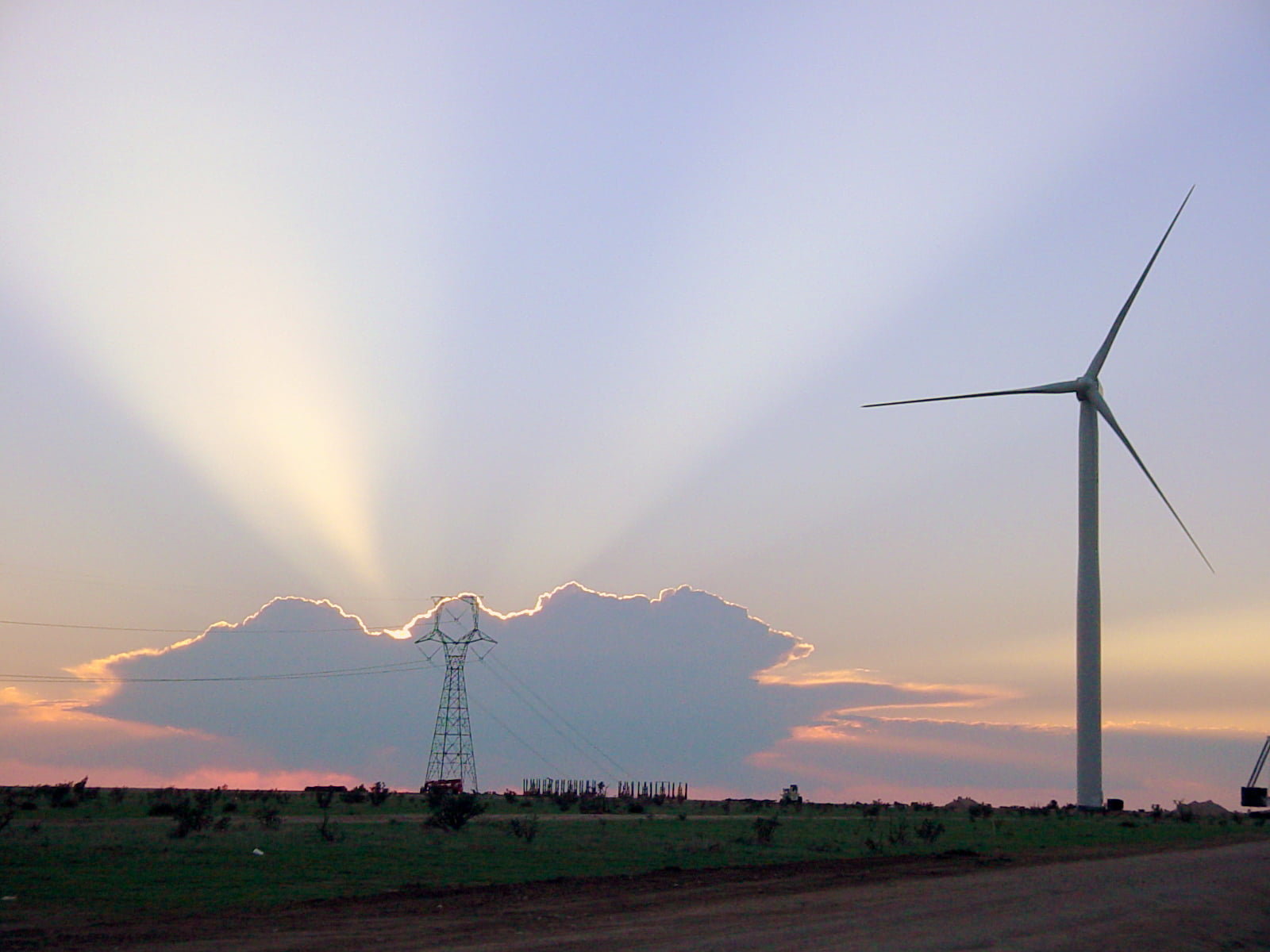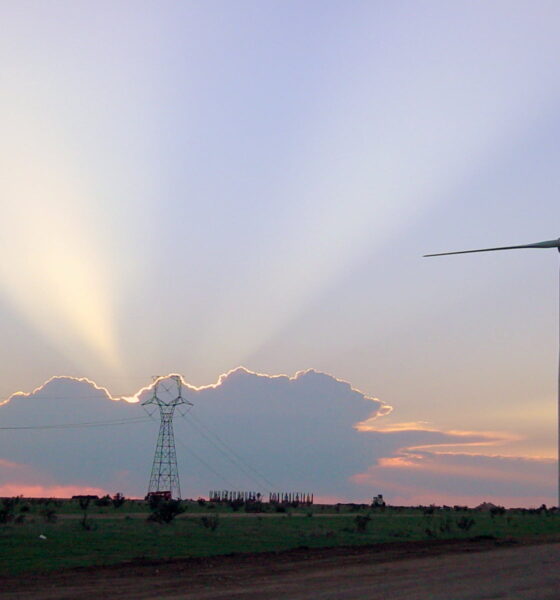

Environment
Delingpole wind article criticised by Australian Press Council
An article in The Australian newspaper about wind power by staunch climate sceptic blogger James Delingpole has received fierce criticism from the Australian Press Council, which has said that sections of the piece “[outweigh] the very strong public interest in freedom of speech”.
Delingpole’s feature, which was published in May under the headline Wind farm scam a huge cover-up, examined the notion of wind farm syndrome – a supposed affliction that many people living near wind turbines apparently suffer from.
The Australian Press Council said it had received three separate complaints about the piece that focused primarily on its inaccuracies and offensive language.
The article includes a quote from an anonymous New South Wales sheep farmer, who said, “The wind farm business is bloody well near a pedophile [sic] ring. They’re f . . king [sic] our families and knowingly doing so.”
In relation to this point, the Council said the remarks, about a “serious and odious crime”, were “highly offensive”, and related back to its core principles – the seventh of which states, “Publications have a wide discretion in publishing material, but they should balance the public interest with the sensibilities of their readers, particularly when the material, such as photographs, could reasonably be expected to cause offence.”
The Australian republished the Council’s adjudication in full.
“The Council’s principles relate, of course, to whether something is acceptable journalistic practice, not whether it is unlawful”, part of its response said.
“They are breached where, as in this case, the level of offensiveness is so high that it outweighs the very strong public interest in freedom of speech.
“It was fully justifiable in the public interest to convey the intensity of feeling by some opponents of wind farms but that goal did not require quoting the reference to paedophilia.”
The Australian told the Council that the piece was “clearly an opinion article” and added that “the opinions were honestly held by the author” – something that would appear to chime well with similarly callous remarks made in Delingpole’s articles in the UK (“I would rather a child of mine went into business manufacturing land mines (which at least have a valid defensive purpose) than got involved in the wind farm industry.”)
The Council noted that it had upheld two further aspects of the complaints it had received.
Firstly, Delingpole, who also blogs regularly for The Telegraph and The Spectator, accused superannuation funds of “using the wind farm scam as a kind of government-endorsed Ponzi scheme to fill their coffers at public expense”.
The Council concluded that the scheme in question – the Renewable Energy Certificate (REC) – “cannot tenably” be described in this fashion.
It added, “The REC scheme does not have an essential characteristic of a Ponzi scheme, namely criminal fraudulence, and is not reasonably analogous to such a scheme.”
The final part of the complaint that was tackled by the Council related to Delingpole’s accusation that a well-known law firm had sought a gagging order over the alleged “scam” – a claim that the Council says has been “publicly denied by the firm”.
It added, “In the absence of any supporting evidence, [this] constitutes a breach of the Council’s principles concerning misrepresentation. The newspaper’s prompt publication of the law firm’s denials prevented aggravation of the breach but did not absolve it.”
With regards to Delingpole’s claims over the health effects of wind farms – and the so-called wind farm syndrome – the Council ruled that opposing evidence it had received had “not reached the very high threshold which is necessary for it to regard the statements as clearly untenable and therefore in breach of its principles”.
However, in an article in The Conversation earlier this year, professor of public health, Simon Chapman, wrote, “There have now been 17 reviews of the available evidence about wind farms and health, published internationally. These are reviews of all studies, not single pieces of research. Each of these reviews have concluded that wind turbines can annoy a minority of people in their vicinity, but that there is no strong evidence that they make people ill.”
The Press Complaints Commission – the UK cousin to the Australian Press Council – has an editors’ code that it expects journalists and newspapers to abide by. Its first point, under the heading of accuracy, reads, “The press must take care not to publish inaccurate, misleading or distorted information, including pictures.”
Questions must be asked as to whether climate sceptic bloggers like Delingpole – when writing for UK titles – break that first, golden rule.
What do you think of Blue & Green Tomorrow? Complete our short reader survey and be in with a chance to win an iPad mini or a Kindle Fire. Survey closes December 21.
Further reading:
The English literature graduate who pretends to do science
How online ‘filter bubbles’ can reinforce climate scepticism
Why climate deniers have no scientific credibility – in one pie chart
The four horsemen of the climate apocalypse
Freedom of expression is not the same as a freedom to mislead


 Environment12 months ago
Environment12 months agoAre Polymer Banknotes: an Eco-Friendly Trend or a Groundswell?

 Features11 months ago
Features11 months agoEco-Friendly Cryptocurrencies: Sustainable Investment Choices

 Features12 months ago
Features12 months agoEco-Friendly Crypto Traders Must Find the Right Exchange

 Energy11 months ago
Energy11 months agoThe Growing Role of Solar Panels in Ireland’s Energy Future




























